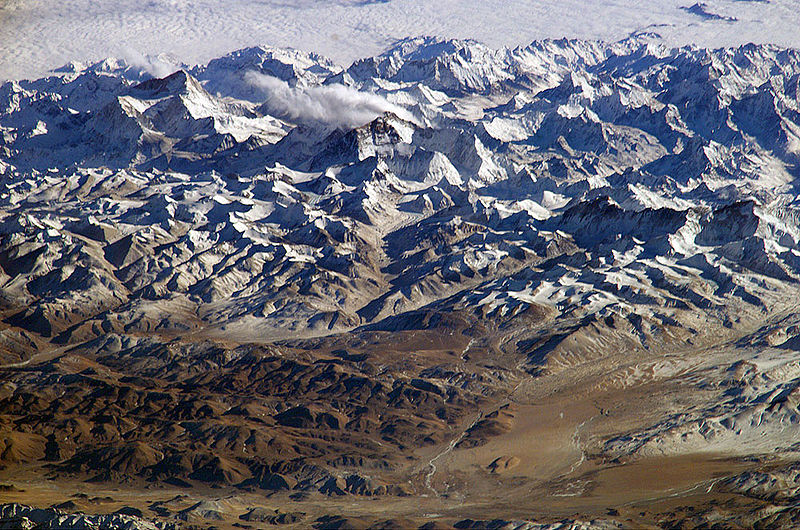Scientists from the Indian Institute of Science (IISc) in Bengaluru and Niigata University in Japan discovered remnants of an ancient ocean in the Himalayas. The team found water droplets trapped in mineral deposits dating back approximately 600 million years.
This discovery could offer crucial insights into a significant oxygenation event in Earth’s past.
Around 700 to 500 million years ago, the Earth experienced the Snowball Earth glaciation, characterized by thick ice sheets covering the planet, a significant glacial occurrence in Earth’s history. However, scientists faced difficulties in understanding the links between these events due to the absence of well-preserved fossils and past oceans. Researchers believe that studying marine rocks exposed in the Himalayas could provide valuable clues about the Earth’s past climate.
The research may reveal information about ancient oceanic conditions like pH, chemistry, and isotopic composition, previously only theorized or modeled. It could also address questions about ocean evolution, Earth’s history, and the development of life.
Prakash Chandra Arya, the first author of the study, said, “We have found a time capsule for paleo oceans.”
Long Hunt: Unraveling Ancient Ocean Deposits in the Western Kumaon Himalayas
IISc stated that the team explored deposits across the western Kumaon Himalayas. The search extended from Amritpur to the Milam glacier and Dehradun to the Gangotri glacier region.
Extensive laboratory analysis confirmed that the deposits resulted from ancient ocean water precipitation. Other sources, such as volcanic activity in the Earth’s interior or submarine origins, were ruled out.







